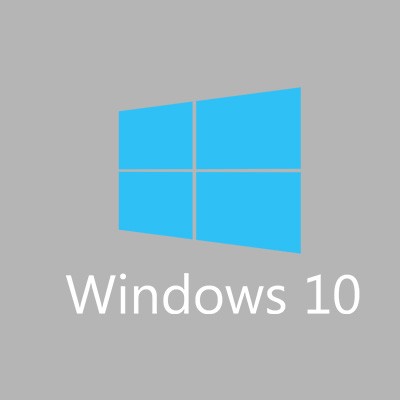NetWorthy Systems Blog
 When it comes to technology, upgrading is part of the package. Despite this being a well-established fact, some business owners will delay upgrading for as long as possible, while others will upgrade as soon as the latest product is released. What’s behind a company’s motivation to upgrade or not? We can better understand this by looking at a study on why businesses upgrade their operating systems.
When it comes to technology, upgrading is part of the package. Despite this being a well-established fact, some business owners will delay upgrading for as long as possible, while others will upgrade as soon as the latest product is released. What’s behind a company’s motivation to upgrade or not? We can better understand this by looking at a study on why businesses upgrade their operating systems.
 Last year, Microsoft pulled the plug on Windows XP’s support. Now, one year later, Windows Server 2003 is scheduled to meet its demise. If your servers are still running Windows Server 2003 as their operating system, it’s important to upgrade before the end of support date of July 14th. Otherwise, you could be running a server operating system without necessary patches and security updates.
Last year, Microsoft pulled the plug on Windows XP’s support. Now, one year later, Windows Server 2003 is scheduled to meet its demise. If your servers are still running Windows Server 2003 as their operating system, it’s important to upgrade before the end of support date of July 14th. Otherwise, you could be running a server operating system without necessary patches and security updates.
 The busy business owner keeps sensitive work-related information stored on their mobile device. If he lost the device, it could have disastrous results, especially if the device were to fall into the hands of an experienced hacker or competitor. Just in case, it’s a best practice to always lock your mobile devices. How do you choose the Android lock feature which is right for your unique needs?
The busy business owner keeps sensitive work-related information stored on their mobile device. If he lost the device, it could have disastrous results, especially if the device were to fall into the hands of an experienced hacker or competitor. Just in case, it’s a best practice to always lock your mobile devices. How do you choose the Android lock feature which is right for your unique needs?
 Windows 10, the next big Microsoft’s Windows operating system, has a lot to live up to, and enterprises have had the chance to experiment with the technical preview for the past month. While the operating system will still be in development for the better part of next year, some professionals are forming opinions of what to expect from it. From the technical preview, what do businesses think of Windows 10 so far?
Windows 10, the next big Microsoft’s Windows operating system, has a lot to live up to, and enterprises have had the chance to experiment with the technical preview for the past month. While the operating system will still be in development for the better part of next year, some professionals are forming opinions of what to expect from it. From the technical preview, what do businesses think of Windows 10 so far?
 The news is out; what was previously thought to be Windows 9, codenamed “Threshold,” has been revealed to be Windows 10. While leaks have already shown us quite a bit of what the latest installment of Windows can do, the official reveal goes into more detail about the nature of Windows 10 for enterprises and even common users. First, let’s go over what we already know about the enigmatic new operating system, then we’ll get into the juicy new details.
The news is out; what was previously thought to be Windows 9, codenamed “Threshold,” has been revealed to be Windows 10. While leaks have already shown us quite a bit of what the latest installment of Windows can do, the official reveal goes into more detail about the nature of Windows 10 for enterprises and even common users. First, let’s go over what we already know about the enigmatic new operating system, then we’ll get into the juicy new details.
 Windows XP is a product that has consistently performed well for Microsoft and it continues to see growth, even though it's not supposed to. With its support ending this past April, Windows XP was supposed to never be heard from again. Instead, XP is refusing to go quietly into the night by posting positive usage numbers for June 2014.
Windows XP is a product that has consistently performed well for Microsoft and it continues to see growth, even though it's not supposed to. With its support ending this past April, Windows XP was supposed to never be heard from again. Instead, XP is refusing to go quietly into the night by posting positive usage numbers for June 2014.
 If you're still running your business or home PC on Windows XP, then it's vital that you upgrade to a newer OS. Yes, your decade-old Windows XP system may be working just fine, and therefore, you may not feel the urgency to upgrade, but you will feel the heat when Microsoft stops supporting its popular OS--in just a few short days!
If you're still running your business or home PC on Windows XP, then it's vital that you upgrade to a newer OS. Yes, your decade-old Windows XP system may be working just fine, and therefore, you may not feel the urgency to upgrade, but you will feel the heat when Microsoft stops supporting its popular OS--in just a few short days!


